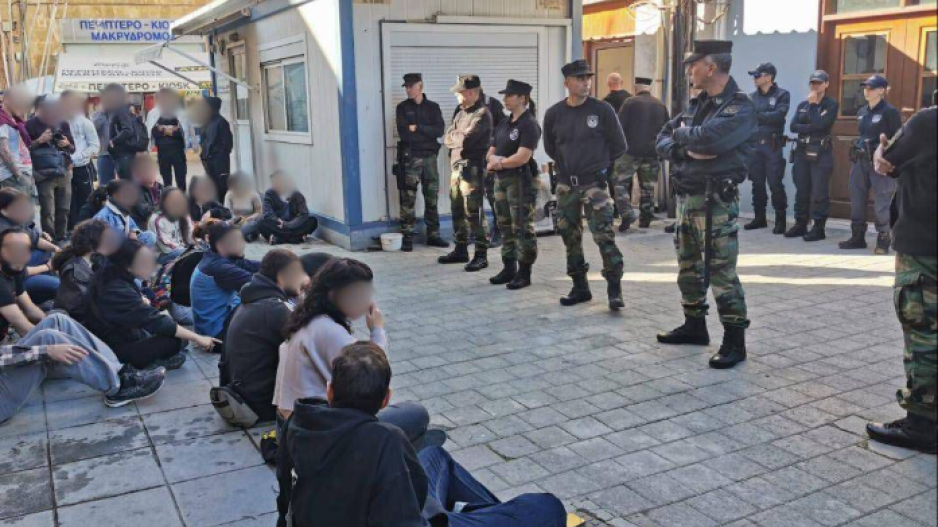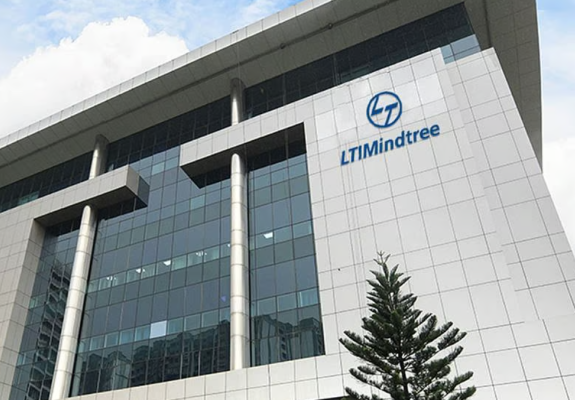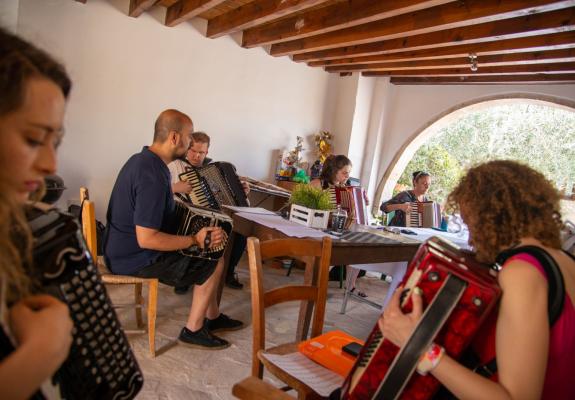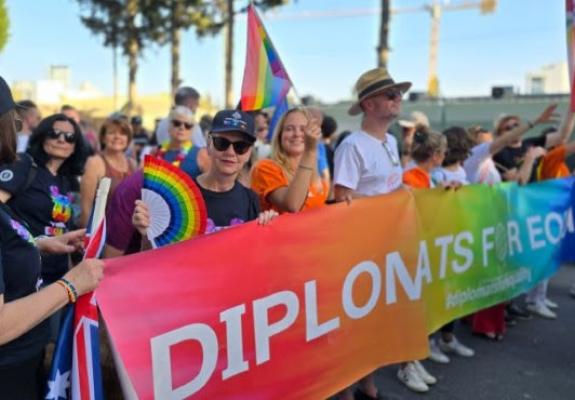Prosecutions Against Protesters in Nicosia Demonstration – Wave of Outrage Over Cypriot Police Conduct
The central question remains whether these new charges could further erode the climate of freedom of expression and peaceful assembly in the country.
Nearly three weeks after the 19 January protest in Nicosia—held in reaction to the death of 24-year-old Shoaib Khan by police gunfire—six individuals now face charges stemming from their participation in the demonstration. This development has sparked significant backlash from political parties, civil society groups, and citizens, who denounce what they describe as the “criminalization of peaceful protest” and an increasingly heavy-handed approach by the police.
One of the defendants, Orestis Matsas, stated on social media that he and another individual, accompanied by their lawyers, were summoned to the Lykavittos Police Station, where they were charged with “insult” and “disturbance of peace.” According to Matsas, these accusations are unfounded, as the protest itself was carried out peacefully.
>>Nicosia: Public Discussion on the Growing Threats to the Right to Protest<<
Witness reports describe instances of police misconduct during the protest, including an officer making an obscene gesture toward demonstrators and an attempt to strike a female protester with a baton. Both incidents have been reported to the Independent Authority for the Investigation of Allegations and Complaints Against the Police.
Civil society organizations and activists were quick to criticize the authorities, alleging a growing pattern of excessive policing and suppression:
FarRightWatch Cyprus: In its statement, the Observatory Against the Far Right strongly criticized the “ongoing criminalization of peaceful protest” and emphasized that “targeting and suppressing those who record police abuses are practices incompatible with the rule of law.” It also underlined that no charges have been brought against any police officer, despite the fatal shooting of Shoaib Khan.
Afoa.cy: In two announcements, the group called the charges “entirely baseless” and pointed out the apparent absurdity of using the slogan containing the term “batsos” (a slang term for police) as grounds for criminal prosecution. They condemned this as a tactic to intimidate citizens, while “truly violent conduct remains unpunished.”
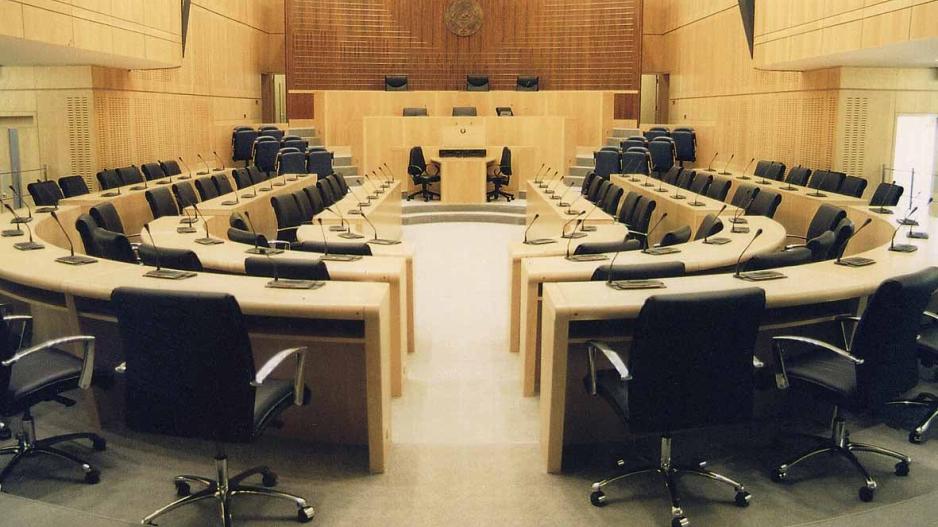
The right to peaceful assembly and the police’s handling of protests have now taken center stage in Cyprus’s political arena. The actions of the government and the relevant ministries have drawn considerable criticism:
House of Representatives: Volt MP Alexandra Attalidou and AKEL MP Giorgos Koukoumas have requested an ex officio investigation before the Parliamentary Committee on Human Rights on “the right of assembly and police protocols.” Their request focuses on possible violations of the constitutional right to peaceful protest and the issue of personal data protection during police operations.
AKEL: In a statement, AKEL characterized the charges as “an unacceptable, anti-democratic act” and called on the government to provide answers. The party recalled previous instances—such as the arrest of two citizens during the 1 October 2024 parade for displaying political banners—and emphasized that these actions “reek of state authoritarianism.”
VOLT Cyprus: The organization voiced concern about the “increased targeting” of protesters and dissidents, highlighting the severe injury of a demonstrator during the “Ως Δαμέ” march in 2020. The Volt MP also filed a parliamentary question about the number of criminal cases filed by the police—with officers named as the complainants—over the past five years.
Greens: Commenting on a related social media post, George Perdikis, President of the Green Party, voiced alarm stating, “I said it a few months ago; dark times are coming. Arrests carried out in cold blood and after the fact. What purpose do they serve? Only to intimidate individuals and society. This is a political matter.”
All eyes now turn to the courts, where defendants say they will challenge the accusations and prove their baseless nature. Meanwhile, civic and political organizations plan to intensify their protests, calling for an immediate investigation into police practices and respect for democratic freedoms.
So far, the government has not issued an official statement. Analysts believe political pressure will mount in the Parliamentary Committee on Human Rights, as parties demand accountability, and a wider debate on the policing of peaceful protests may emerge.
For many, the central question remains whether these new charges could further erode the climate of freedom of expression and peaceful assembly in the country. Organizations and citizens who have spoken out are adamant that they will not back down, continuing to call for solidarity and vigilance against what they view as a drift toward anti-democratic practices.
